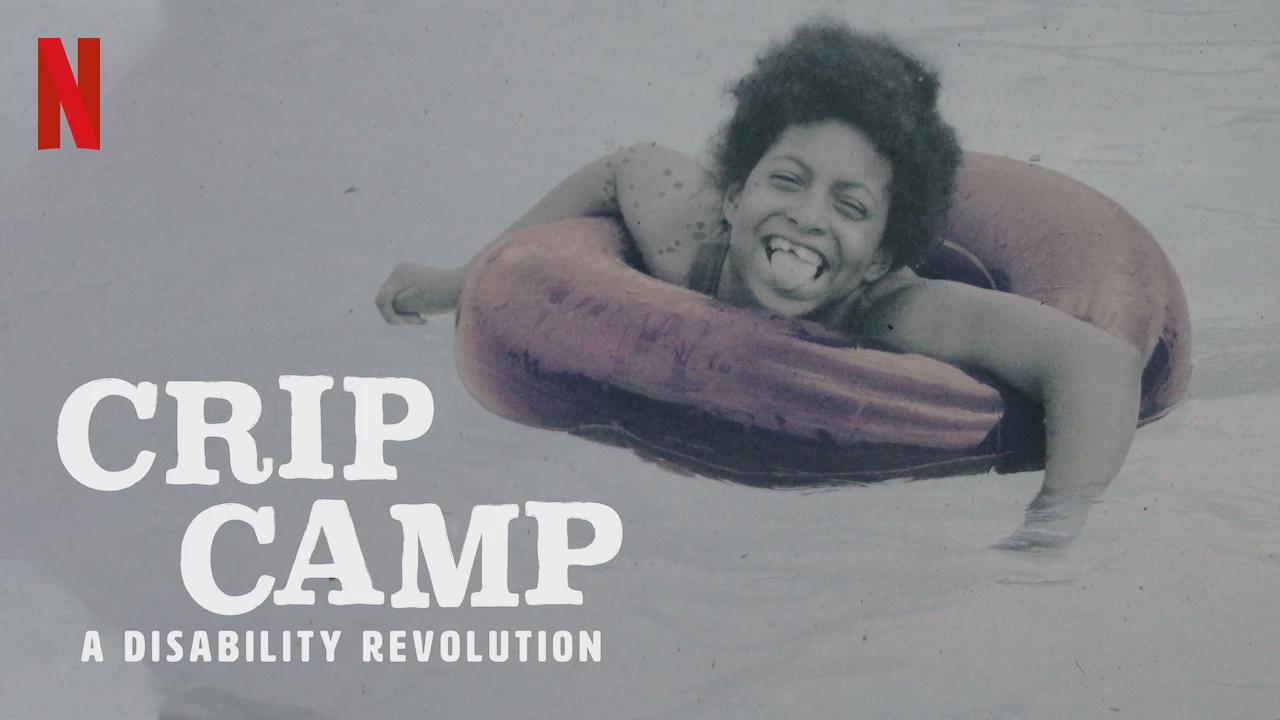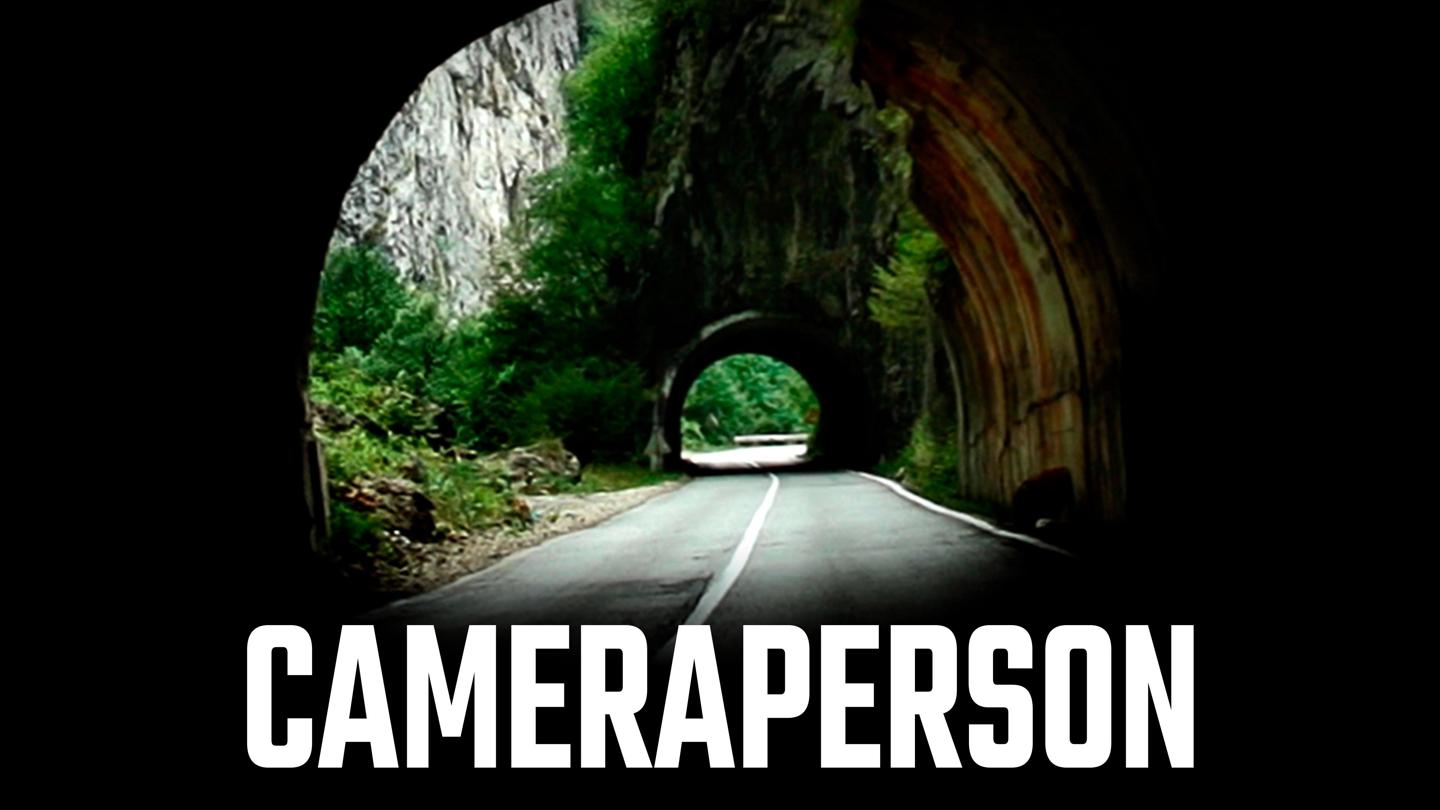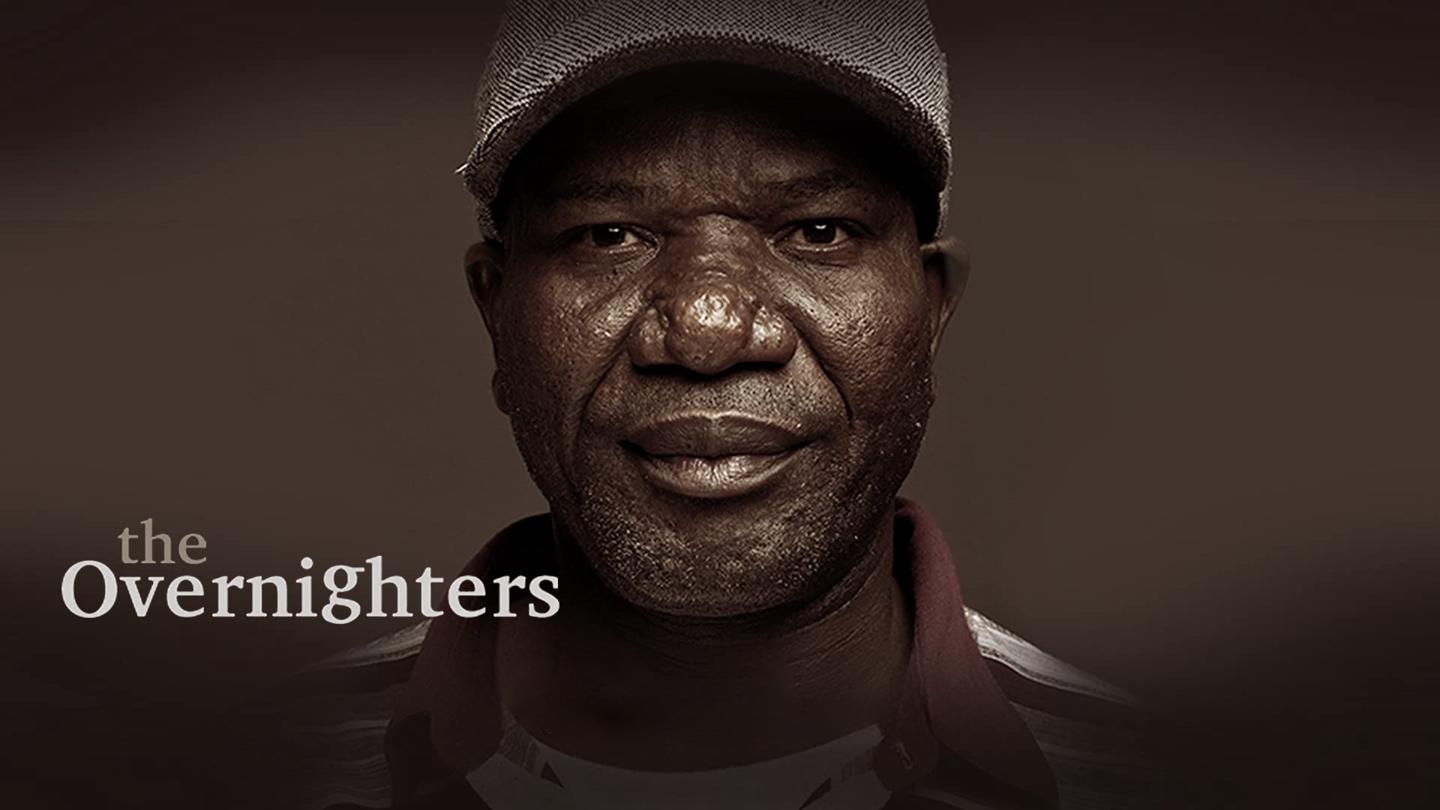Crip Camp: A Disability Revolution

Quick Info
Crip Camp is one of those documentaries that hits you with unexpected power. I knew it had something to do with a summer camp for kids with disabilities and the birth of a movement, but I didn’t expect it to be so funny, rowdy, and alive. This isn’t some “let’s feel sorry for them” story. It’s messy, loud, and full of attitude, just like the world the campers were fighting to be a part of.
The doc opens with some truly wild black-and-white footage from the early 1970s at Camp Jened, a scrappy summer camp in upstate New York that feels more like a commune than anything with structure. You see teens being teens, flirting and cracking jokes, smoking cigarettes, fighting, and just generally refusing to let anyone define their experience. The film instantly explodes any sanctimonious idea of disabled people being “inspiring” in the patronizing way mainstream culture sometimes pushes. It instead offers these unforgettable personalities, especially Judy Heumann, who is sharp as a tack and won’t take crap from anyone.
The directors, Nicole Newnham and Jim LeBrecht (LeBrecht himself attended Camp Jened), really nail this sense of place and time. The grainy archive footage, combined with Kenn Burns–style photo pans and lively present-day interviews, keeps the film from feeling like a mere history lesson. The music is all Janis Joplin and Bob Dylan, reminding you that this is also a civil rights story, righteously angry and full of optimism. The editing balances the nostalgia with some hard turns into the political fights to come.
It’s not a flawless film, though. Sometimes the pacing drags, particularly once the story shifts from the camp itself to the long, grinding legislative battles of the disability rights movement. Some sequences repeat themselves or stay a hair too long on talking heads. I loved the scenes with activists on the front lines, especially the sit-in at the San Francisco federal building, but I wish we got more variety in how those events were portrayed. Still, even these slower stretches have value because they hammer in just how relentless and exhausting activism is.
Something I really appreciate about Crip Camp is its sense of humor. There is a kind of anarchic, almost punk energy to the way these campers and activists talk about their lives. At one point, someone calls Camp Jened "the freest place I had ever been," and you genuinely believe it. The film isn’t afraid to show rebellion, frustration, and even raunchy jokes about sex and relationships—something most films about disability shy away from.
What gives the movie its emotional punch is the lifelong friendships and romantic bonds that form. When you see several former campers, gray-haired but still sparky, reminiscing about the mischief they got up to, it all feels very genuine. Watching them evolve from cynical, scrappy kids to world-changing adults hit me way harder than I expected. Judy Heumann in particular is a superstar—her scenes testifying to lawmakers are some of the film’s undisputed highlights. The emotional climax, where decades of protest finally lead to a breakthrough, had me a little misty-eyed, and I’m not a crier.
Cinematography is pretty low-key, mostly because it has to rely on archival film and interviews, but there is artfulness in how it’s all pieced together. The style is more punk fanzine than slick documentary, which fits the subject perfectly. The sound editing is also way better than I expected, especially when old tapes are mixed in with new audio, making the history feel raw and present rather than distant.
All told, Crip Camp manages to be both inspiring and genuinely entertaining—a rare feat for a documentary tackling heavy social issues. While I wish the narrative spent less time in the legislative weeds, I was never bored, and I actually learned a ton. Most importantly, it completely reframed how I think about disability and activism, which is about as much as I can ask from any film.
The R8 Take
Crip Camp is up there with docs like "13th"—equal part entertaining and enlightening. You finish it feeling like you just spent time with some of the coolest, toughest people around, and you’ll probably want to pick a fight with some lawmakers yourself.



